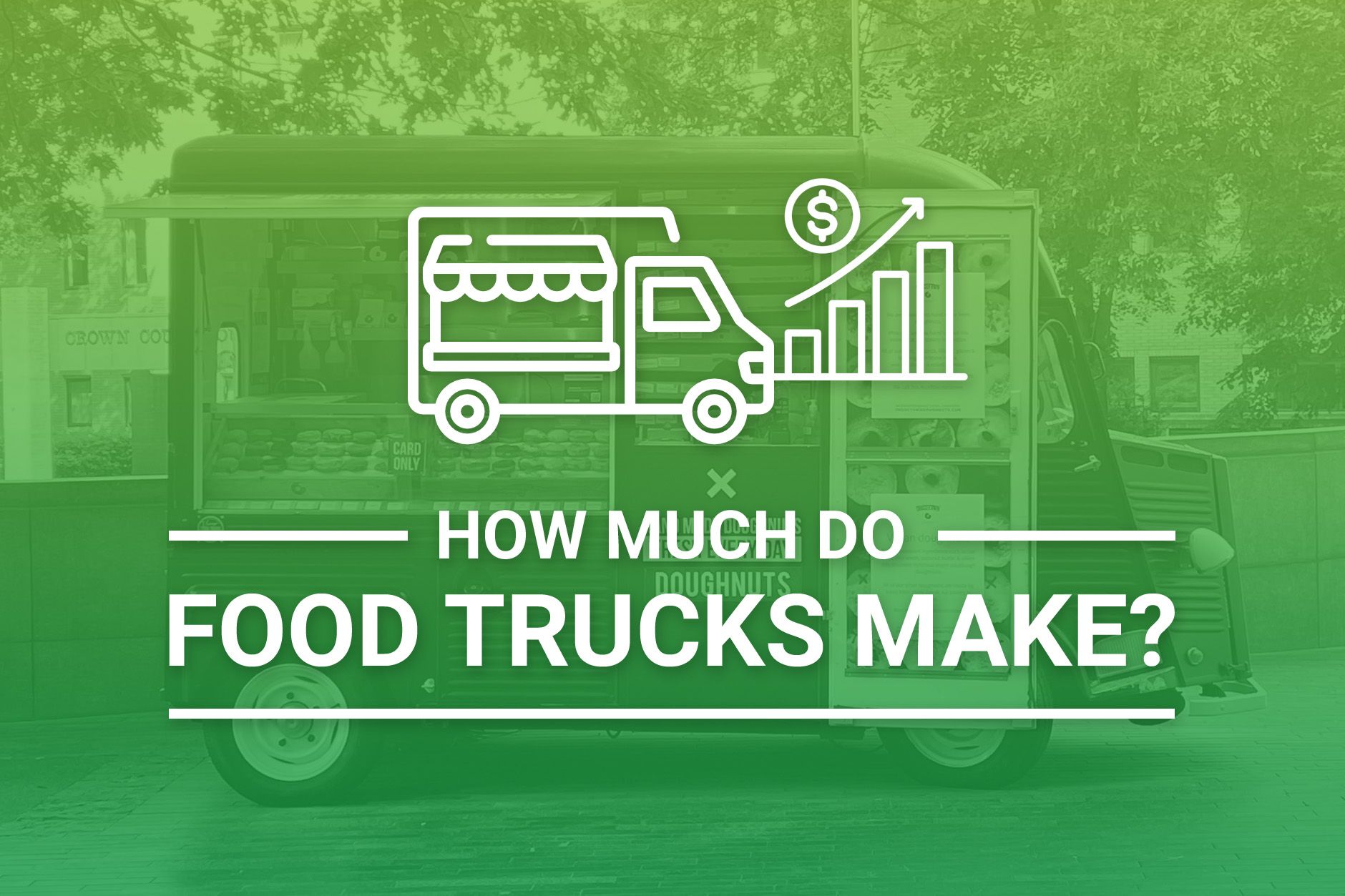If you’re considering opening up a restaurant, you may be focused on things like the concept and menu. While these factors are incredibly important to the overall success of a restaurant, you will need money to bring your dreams to life. For most restaurateurs, this means finding investors to contribute start-up funds.Most restaurant owners find investors through leveraging their existing networks, including family, friends, and business contacts. You can also get creative, such as by launching a crowdfunding campaign or hosting a pop-up event to build buzz. Once you have identified potential investors, you will need to prepare a pitch deck and investment details to explain the opportunity – and hopefully secure start-up capital.
At Budget Branders, we understand the challenges of starting your own business. We are committed to helping fellow entrepreneurs get the promotional products that they need at fair prices – and in quantities that work for smaller operations. Reach out today to talk to a member of our branding team about our full line of custom-printed disposable products (like our popular custom clear plastic cups).
Why Should You Seek Out Investors for Your Restaurant
Starting a restaurant can be incredibly expensive. Depending on factors like location and the type of restaurant you want to open, start-up costs may range from $175,000 to over $750,000. Even if you happen to have that kind of cash on hand or can secure a business loan for that amount, it may still be a good idea to bring on investors for your new restaurant.
Reduced Financial Risk
First, having investors in a new enterprise helps to spread the risk. Instead of taking on debt or depleting your cash reserves, you can offer investors the chance to own part of your restaurant. This helps to distribute the financial risk among other parties, and also typically gives you access to greater cash reserves.
Additional Insights & Expertise
Second, many investors bring with them some level of expertise. This can include direct industry experience if your investor is involved in the restaurant business or other types of expertise. For example, if your good friends have experience running a successful small business and want to invest, they can advise you along the way.
Initial Promotion Help
Third, investors can also help to support the business with their own passion. They may invite friends to dinner there, talk about your restaurant on social media, or suggest it as a place to host a business meeting. In this way, you won’t be on your own when it comes to promoting your restaurant – you will have a team of people who are just as invested in its success as you are.
More Networking Opportunities
Fourth, investors often have connections that you may not otherwise have. This is particularly true for investors from the industry, but any investor can be a valuable source of information and connections. For example, your uncle may not own a restaurant – but perhaps his best friend from childhood owns a great butcher shop that can provide you with high-quality meat.
Downsides To Working With Investors
Of course, there are drawbacks to bringing on investors. You will have to give investors some ownership of your restaurant, and they will also get a share of the profits. For example, if an investor owns a 30% share of your restaurant and you realize $100,000 in net profit, then you will only take home $70,000. There is also some risk to bringing on investors, which is why it is important to consult with a lawyer and ask them to draw up or review any agreements before signing them. Ultimately, you want to make sure that you can trust your investors – who are essentially your partners – and that they are just as dedicated to its success as you are.
Having investors isn’t necessarily the right choice for every restaurant start-up. Take time to think through your options, and carefully weigh whether the benefits of having investors outweigh the potential disadvantages. If you do decide that you want investors, then the next step is to figure out how to find them.
Finding Restaurant Investors
Unfortunately, deciding that you want investors in your restaurant does not mean that you will magically have people willing to give you tens or hundreds of thousands of dollars to make your dream a reality. You will likely have to do some legwork to find investors. Below are a few ideas of where to find investors for your restaurant.
Talk to People You Know
One of the best ways to find restaurant investors is to use your own network. Think about your family, friends, colleagues, and even mentors. Are any of them in a position to make an investment? Will any of these people be interested in supporting your dream of owning your own restaurant?For example, if you have spent years working in the restaurant industry, a former boss at a successful restaurant may be a potential investor. They will know your skills, work ethic, and ambition – which may make them inclined to put money into your new venture. Alternatively, they may know someone who might be interested in investing.
The key here is to have confidence in yourself and your dream. You may feel nervous about approaching someone you know to ask them for money. Try to reframe it in your mind as giving them the opportunity to make a great investment – and then (as described below), put together a tight pitch to show why that is true.
Make Connections within the Industry
There are few people who are better positioned to help you understand how to find investors for your restaurant than those who have been there, and done that. Talk to restaurant owners that you know, or even reach out to restaurant owners in your community that you may not know. They can often provide invaluable advice on securing investors.You can also join industry groups like the National Restaurant Association and then attend events. By doing this, you can connect with others who have been in your position, and who may be able to offer you insight into the process. They may even be interested in investing themselves!
Get Involved in Your Community
Small businesses are the lifeblood of cities and towns across the United States. Established businesses are often interested in other entrepreneurs – such as restaurant owners – investing in their community. If you want to find investors, a great way to do so is to get involved locally.This can include anything from volunteering for a nonprofit to attending local events to shopping at local stores and dining at area restaurants. In this way, you can meet business owners and other people who are prominent in the community. Down the road, when you approach them about investing, they will likely remember you as someone who cares about the community – which may make them more likely to put money in or recommend other potential investors.
Use Social Media
Social media – in particular, LinkedIn – can be a good way to network. It may even help you find investors. To start, you will want to ensure that your profile is up to date with your education, experience, career highlights, and the mission for your new restaurant.Once you have your profile set up, you can search LinkedIn to find investors who specialize in restaurants. You can then do some research on any investors that you find to figure out if they might be a good fit and if you have any mutual friends or colleagues. You can then reach out to selected investors over LinkedIn, and if they accept your connection, send them a brief message about your potential investment opportunity.
Host a Pop-Up Event
Starting a restaurant is expensive – but you can do a smaller version to build some excitement about your concept. A pop-up event is a great way to generate buzz about your food and vision, which may lead to interest from investors. Similarly, you could get started at a farmer’s market or another local event, which can show off your skills and may ultimately lead to investors. As a bonus, the success of these ventures can be used as part of your pitch to investors.
Try Crowdfunding
If you aren’t having luck with any of these options, you may consider starting a crowdfunding campaign through platforms like Kickstarter or Indiegogo. Typically, entrepreneurs offer benefits – like branded merchandise – in exchange for donations. This tactic may be particularly successful if you have a “hook” – like the first strictly gluten-free restaurant in the area or a dog-friendly cafe.
Pitching Potential Investors in Your Restaurant
Finding investors to pitch your restaurant to is only half the battle. You still need to perfect your pitch to get them to buy in once you’ve gotten their attention. A successful pitch boils down to how you craft your pitch deck and deliver your presentation.
Create A Pitch Deck
Once you have some potential investors lined up, you will need to create a pitch deck. A pitch deck is essentially a sales pitch that is based on your business plan. It offers a more streamlined, visual representation of your business plan to entice investors without overwhelming them with details at this stage.A pitch deck is built on a business plan, so you will need to have that completed before you can put together your pitch. You can use a template like Canva or Google Slides to put together a slideshow.
Ideally, your pitch deck should be no longer than 10 to 15 pages (slides) – like an elevator pitch, it should be short enough to draw interest without boring your audience. Generally, you should have one slide/page for each section of your business plan.
Make sure that each page is clean and concise. The goal here is not to have investors read from a PowerPoint, but for you to talk them through your business idea with the pitch deck serving as an overview. Potential investors can review the business plan for more detailed information – but you will have to get them interested first.
Whenever possible, use visuals to make your pitch more appealing. This may include graphic renderings of what you want the space to look like, photos of dishes that you plan to put on the menu, or even a logo that you designed for your restaurant.
While you want the pitch deck to be short, it should still be consistent with your business plan. Make sure that it is professional and on brand. You should also compare it with your business plan to ensure that there isn’t any conflicting information.
Prepare & Perfect Your Presentation
Once the pitch deck is done, you can start preparing for the meeting with investors. Generally, it should start with an elevator pitch – a short description of what the restaurant will be. Do not read from the pitch deck or notes. Instead, rehearse enough that you are comfortable talking about your business idea without reading.During the presentation, you should make sure to talk about why the restaurant concept is unique, who your target guest will be, what the restaurant experience will be like, and where it will be located. You should also talk about practical matters, like timelines and how you intend to bring your dream to life.
When possible, try to make it personal. You can tell a story about how you came up with this plan, or why it is important to the community. Don’t be afraid to have a little fun with it and show some personality. You can even prepare some dishes so that investors can get a literal taste of the restaurant concept.
Of course, you also need to show that you have done your homework. Highlight the research that you have done, such as the competitive landscape, anticipated profit margins, and more. Don’t get bogged down in details – you can always direct investors to the business plan for more information.
Finally, you should have some financial details prepared. This should include information such as payback terms and structure, expected rate of return, and any perks for investors. You may choose to work with financial and legal professionals to put together the necessary documents for investors.
Work with Budget Branders
When you’re seeking out restaurant investors, it is important to show that you don’t just have a good idea for a restaurant, but that you have the savvy to make it a success. One way that you can do that is by showing that you have considered cost-effective ways to market your business, such as the use of high-quality custom-branded disposable products.Budget Branders is dedicated to helping independently owned businesses get the products that they need at fair prices. We offer high-quality, custom-printed disposable products in smaller quantities so you don’t have to worry about paying for and storing millions of disposable products in your storage room. We can print a full range of take-out products from custom paper bags to custom coffee cups, custom coffee sleeves, custom plastic stadium cups, custom ripple cups, custom soup bowls, custom ice cream bowls, and more.
If you’re considering using promotional items in your restaurant, we can help. To learn more or to request a quote, contact us today by pressing the live chat button, or sending us a message online.





















